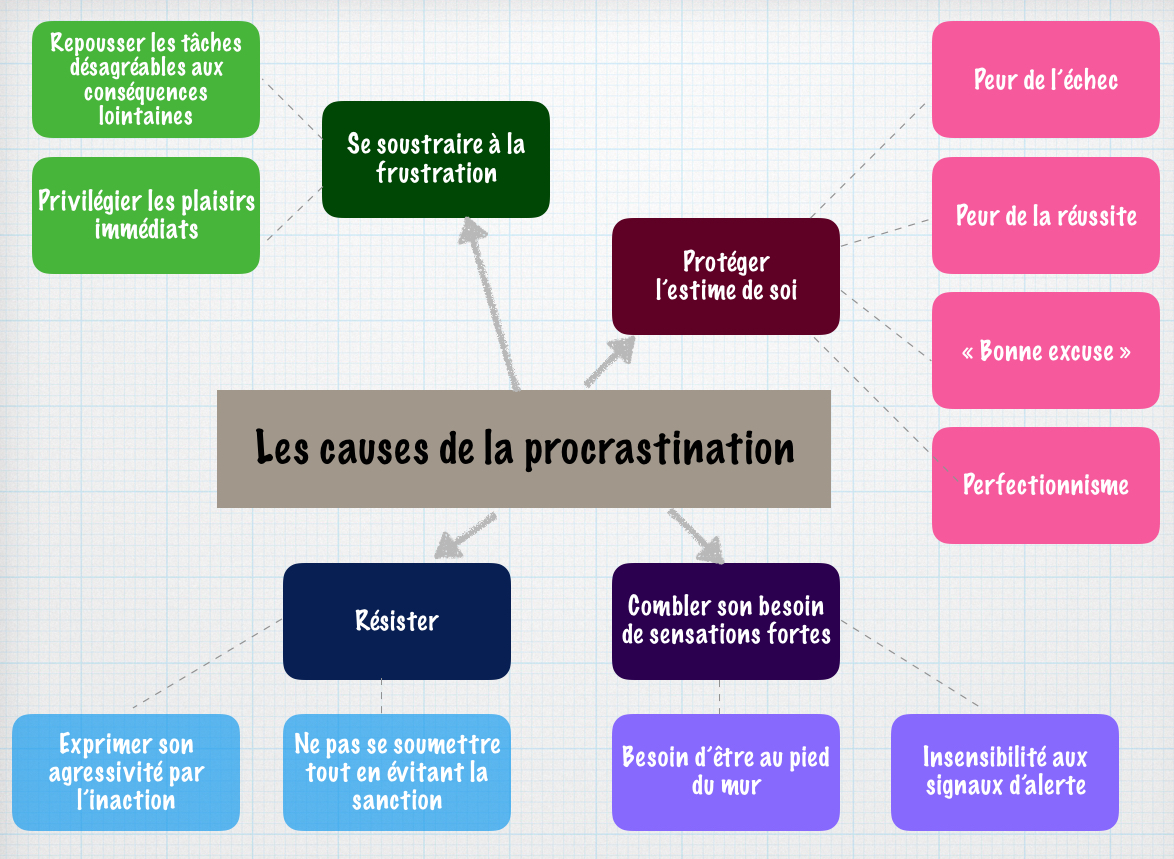Have you ever wondered why people procrastinate? Science offers fascinating insights into these behaviors, helping us understand their roots and possible solutions.
Through this exploration, we will examine the psychological mechanisms behind procrastination, emotional dependency, and impostor syndrome. By understanding the science behind these challenges, you can start to address them effectively.
The Neuroscience of Procrastination
Procrastination is often misunderstood as simple laziness; it’s a complex psychological phenomenon. Studies in neuroscience show that conflict between brain regions often leads to procrastination.

The limbic system, responsible for emotional responses, tends to override the prefrontal cortex. This results in delaying tasks over long-term goals. Cognitive behavioral therapy (CBT) can help rewire these patterns.
What is Emotional Dependency?
Emotional dependency is deeply tied to attachment theory. According to research that childhood experiences and relational dynamics play a significant role in shaping dependency behaviors.
For example, those with anxious attachment tendencies may struggle to feel secure without constant validation. Breaking this cycle involves addressing these attachment wounds through practices like journaling, therapy, or mindfulness-based techniques.
The Cognitive Science of Impostor Syndrome
Impostor syndrome is rooted in cognitive distortions, such as overgeneralization and perfectionism. Psychological research indicate that individuals with impostor syndrome often engage in negative self-talk.

These distortions lead to a “fear of being found out” and a reluctance to internalize achievements. Strategies like cognitive reframing and mindfulness-based stress reduction (MBSR) have proven effective.
Practical Solutions Backed by Science
Understanding the science is the first step, but actionable strategies are necessary to create change. Here are some proven methods:
- Procrastination: Use implementation intentions—specific plans that link a goal to a cue, such as “If it’s 9 AM, I will start writing my report.”
- Emotional Dependency: Practice o que é a síndrome do impostor self-differentiation, a technique where you focus on identifying your own needs separate from others’ expectations.
- Impostor Syndrome: Keep a success journal to document your accomplishments and review them regularly to challenge distorted self-perceptions.
These approaches have been validated through extensive research, making them effective pathways to improvement.
Conclusion: Science as a Guide to Personal Growth
Procrastination, emotional dependency, and impostor syndrome are not insurmountable when you understand their scientific underpinnings. By addressing the brain’s tendencies, psychological patterns, and cognitive distortions, it’s possible to create lasting positive change.
The journey to self-improvement starts with awareness. Take the first step today by applying these strategies to build resilience and confidence.